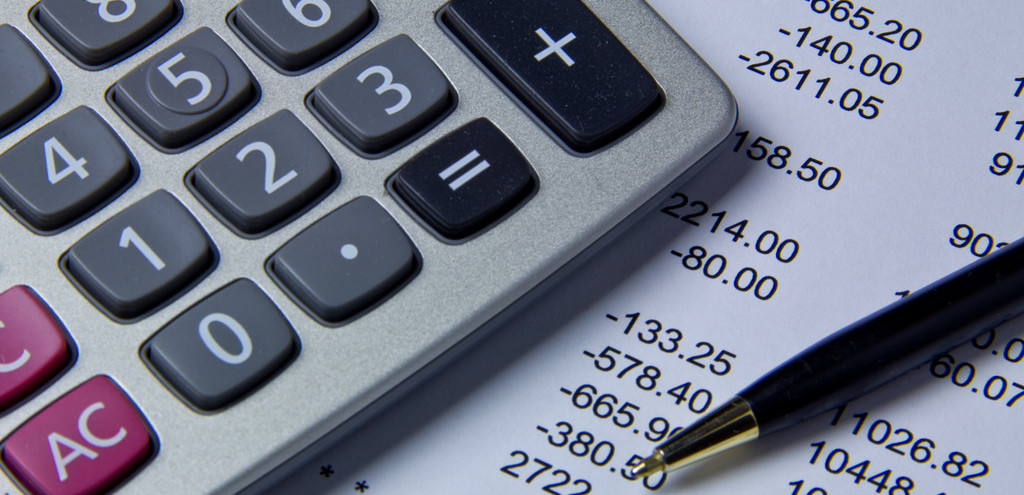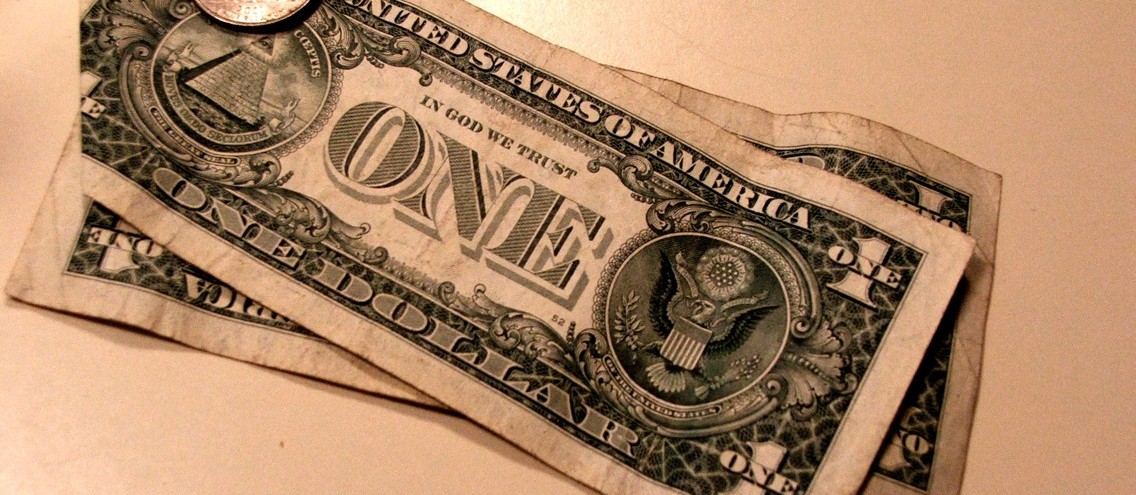If you spend most months wondering where all of your money has gone, you are not alone. Many people find managing money difficult and live paycheck to paycheck. No matter how much you earn each month, if you spend more than you earn you’re never going to be in control. We are all guilty of making money mistakes from time to time. With smart advertising, social media and competitive pricing, we are more enticed than ever to part with our money. While this is fine in the short term, it can have devastating effects on our long-term financial goals such as retirement and buying a house. So if you’re fed up of always being stressed about your finances, it’s time to make a change. Follow these four steps and take back control of your money so you can work toward your financial goals more efficiently.
Determine what your financial goals are
We all have things we want to do with our lives, whether it’s travelling the world or starting a family. To make these goals a reality we need to have financial security and stability of some kind. You can’t get out of debt, save for retirement or relocate to another country without savings and money behind you. Having a clear idea of what you want to achieve with your money is a brilliant first step to regaining control. Think about what is important to you to help figure out what goals you need to be focussing on. That way you will have something to work towards that will keep you on track. You could use the questions on cheatsheet.com or look at popular financial goals other people have to give you help and inspiration. Once you know what your goals are, work out how much you need to save. Then take your end goal and split it up into smaller goals you want to aim for and achieve each month. This will make it far more manageable and help you to feel continually motivated.

Work out your expenses
When managing your money, you need to work out where it is going each month. Look at your bank statements on your phone or computer from the last six months. Carefully analyse the data you have and see is any patterns emerge. To make this task less overwhelming focus on one area at a time. For instance, you could start with rent, then utilities, then groceries and so on. You need to establish just how much you spend on each area per month. As you are looking back over a six month period, this should give you a broad overview of your spending habits. You may find that you spend more than you realised on miscellaneous items such as clothing and dining out. Or you may find that your electric company has been overcharging or charging you twice. Also, look at receipts you have that could inform you of cash purchases that may not be present on your statements. You should also look at credit card and check purchases you have made recently. This is the best way to begin taking back control and facing your issues head on.
It could also be useful to talk to a financial adviser and have a credit check done. The adviser will be able to help you make sense of your accounts and discuss your options with you. This will be highly beneficial if you have lots of debts and loans to pay off. Getting a credit check can also give you more insight into your current financial state. These checks can be online by varying companies. To find the most suitable one to help you, you can check out the review on this page: https://creditrepaircompanies.com/creditrepair-com/ or research possible ways to improve your score by yourself.
Make necessary cutbacks
Now you have a better idea of what you are spending your money on it’s time to start cutting back. We all like to treat ourselves from time to time. But making yourself more stable financially should obviously be a priority. Otherwise reaching your financial goals can become very challenging. You could try negotiating with your landlord or utility supplier. Or look for cheaper insurance deals on websites like geico.com. Shopping at a lower priced supermarket and only buying the items you need can also help. While you may enjoy going out for meals, to the cinema and nightclubs, if you do it too often these miscellaneous expenses add up. There are plenty of free and inexpensive ways to have fun that could have an enormous change to your unnecessary spending. You could visit free music and film events. Or invite your friends over instead of going out. For more ideas on how to do this, sites such as thesimpledollar.com could help you. Remember always to prioritise rent, mortgage repayments and energy bills.
Don’t spend your leftover money
If you find that you have some money leftover each month, it can be tempting to spend it. But this can just put you back where you started. So even if you only have a couple of dollars left over, put it into your savings account or emergency fund. Or use it to start paying off some of your credit cards or debts. It may not seem important but it will be one step closer to becoming debt free and more financially stable. Which will be far more rewarding than buying a pair of shoes or a new outfit. You may even find that the amount you have leftover increases each month as you become better at managing your money. This is an extremely gratifying experience and will make you feel on top of the world. So don’t underestimate the power that a little bit of money can actually have.
If you follow these steps carefully, maintaining your savings and finances should become much easier. If you let things spiral out of control for too long, it could have devastating effects on your life. So the sooner you begin, the better.












Comments are closed.